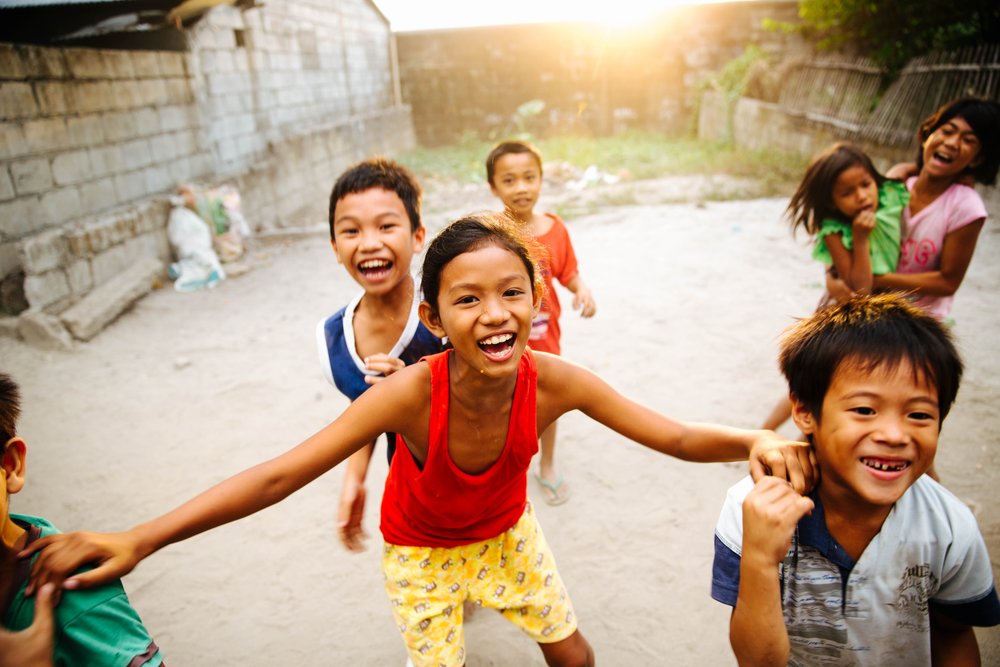During June, SOLA will be publishing a series, “Why My People Need the Gospel” to highlight the global need for the good news of Jesus Christ.
To pray for God’s kingdom work more effectively, we must learn about those we are praying for so that we can pray more specifically. Therefore we will be publishing short guides written by people of those countries and cultures so we can exhort the body to pray for all nations.
We hope this series will encourage and challenge you to pray globally for all nations to be united under the rule of Christ.
Philippines
The Philippines is a group of islands in Southeast Asia. A 2010 survey found that about 81% of the population identifies as Catholic, while almost 11% identifies as Protestant.
Michael Agapito is a SOLA Contributor and a son of Filipino immigrants. He shares with us about the Philippines.
SOLA: What are some of the major political struggles of the Philippines?
Michael Agapito: There is a lot of political corruption in the Philippines that is commonplace in many developing countries. For example, it’s not uncommon for politicians in both the local and national level to accept bribes and be involved in illegal activities to further or advance their political agenda. Many hoard their wealth and lead very comfortable lives while communities suffer for it. Because of this, the infrastructure in large, metropolitan cities like Manila (the capital) is not very good.
SOLA: What are some of the major cultural struggles of the Filipino people?
MA: Like many Asian cultures, the Philippines has a strong shame-honor element in its culture and ethos, although the ways that it is played out might be idiosyncratic to Filipinos. Because of this, Filipinos always try to put on a happy and confident front, even if it is at the expense of their own personal, emotional health or that of their family (keeping the family’s standing is very important).
On a larger, more sociological scale, the Philippines is a developing country that has a lot of growing pains. Traditional Filipino culture has also witnessed a clash with Western cultural values such as individualism, such that it can be disorienting for the younger generations, who are expected to fulfill familial and communal roles. Because of this, contemporary Filipino culture tends to be one in search of an identity.
SOLA: What are some of the biggest barriers to Christianity for Filipinos?
MA: Catholicism is such a big part of Filipino culture. To become an evangelical or “born-again Christian” is sometimes seen as turning your back on your Filipino heritage and identity. For example, when my mother converted, she was disowned by her family. My dad’s family was more accepting but still struggled with it. Evangelicals are often viewed as odd and lesser-than.
In addition, prosperity-gospel oriented movements have taken root in the Philippines and are growing at a relatively alarming rate. Because the Philippines is a developing country, it is “ripe” for the prosperity gospel and similar false teachings.
SOLA: How can we pray for the Philippines and Filipinos?
MA: I would pray that God starts a gospel movement among Filipinos that is founded on Christ-centered, biblical preaching, as opposed to the prosperity gospel or works-focused Catholicism. I would also pray for the government of the Philippines, that God would give it good leaders. And I would pray that Christians can make a difference in Philippine society and communities in their acts of service, and as they make their way in various leadership positions throughout the country.

